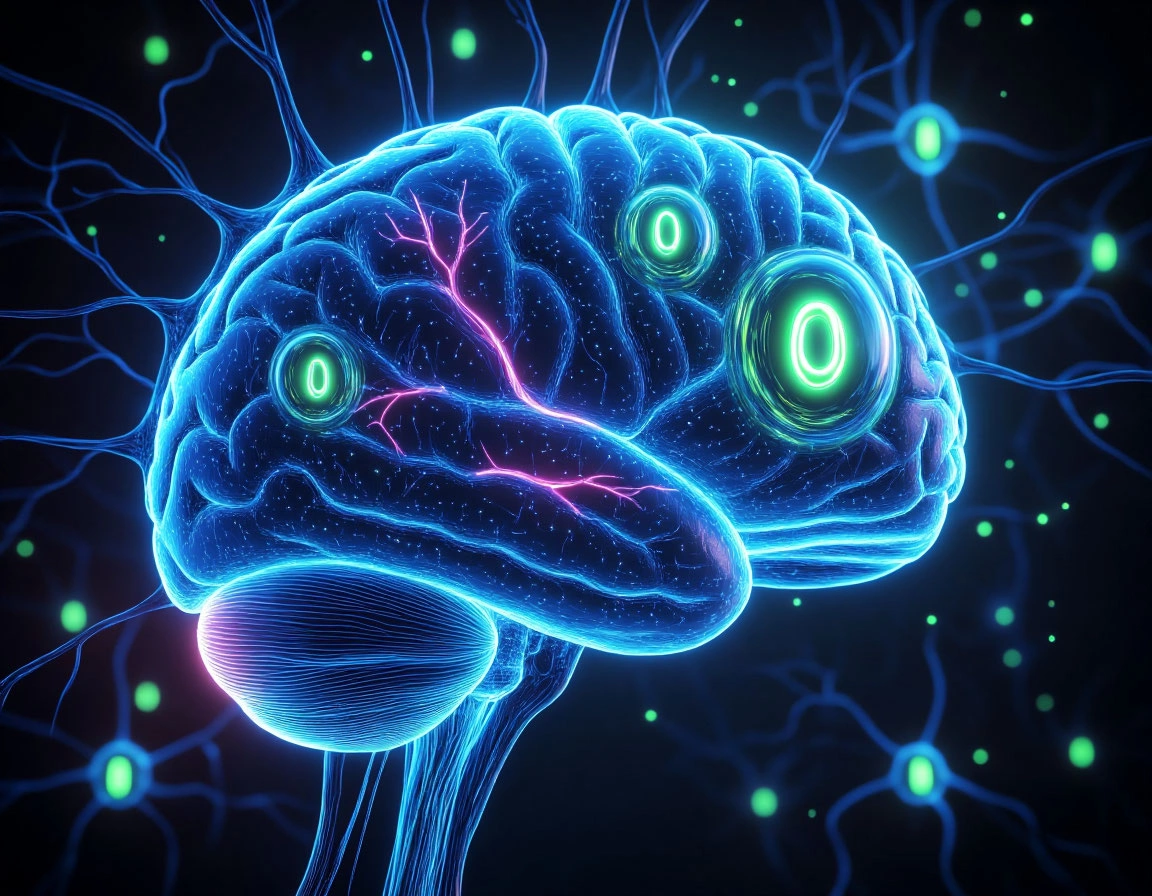🧠💪 Omega-3: What These Fatty Acids Really Do for Your Body
🌊 What Are Omega-3s Really?
Omega-3 fatty acids are much more than just another health trend. These essential fats play a foundational role in nearly every part of our body — from cell membranes to organ systems. Structurally, Omega-3s are the "building blocks" for flexible and functional cell walls, influencing how cells communicate, absorb nutrients, and manage inflammation. There are three primary types of Omega-3s that your body needs:
- ALA (Alpha-linolenic acid) – mainly from plant sources
- EPA (Eicosapentaenoic acid) – primarily from marine sources
- DHA (Docosahexaenoic acid) – also found in fatty fish and essential for brain and eye function
The catch? Your body can't produce these fatty acids on its own. That’s why it’s so important to get them through food or supplements.

🍣 Where Do We Get Omega-3s?
You have two main options: food and supplements. Top dietary sources include:
- Fatty fish such as salmon, mackerel, sardines, and tuna
- Shellfish and sea creatures like krill, scallops, and mussels
- Plant-based sources like flaxseeds, chia seeds, walnuts, hemp seeds, and spinach
While fish offer higher concentrations of EPA and DHA, plants are rich in ALA. The body can convert ALA into EPA and DHA, but the conversion rate is low, which is why a balanced intake from various sources is ideal. Supplements like fish oil, krill oil, or algae-based capsules (for vegans) are popular options for those who can’t get enough through diet alone. Always consult with a healthcare provider before adding any supplement to your routine.

❤️ Cardiovascular Benefits
One of the most studied benefits of Omega-3s is their protective effect on the heart.
- Lower triglycerides and bad cholesterol levels
- Improved blood vessel flexibility
- Reduced risk of clots and heart attacks
- Stabilized heart rhythms and blood pressure
These fats reduce inflammation in the cardiovascular system and support the endothelium (the inner lining of blood vessels), which in turn helps prevent atherosclerosis — a major cause of heart disease.
🧠 Brain & Mood Support
DHA in particular is a major component of brain tissue, accounting for up to 97% of Omega-3 fats in the brain. These fats:
- Enhance memory, focus, and cognitive performance
- Protect neurons from age-related decline
- Regulate neurotransmitters like serotonin and dopamine, which affect mood
- Reduce risk of depression, anxiety, and neurodegenerative diseases
In developing children and during pregnancy, DHA is crucial for proper neural and eye development. For adults, regular intake supports brain aging and emotional stability.

👁️ Vision Protection
Omega-3s, especially DHA, are concentrated in the retina of the eye, playing a crucial role in maintaining clear vision.
Benefits include:
- Slowing macular degeneration
- Reducing risk of dry eye syndrome
- Supporting tear production and eye moisture balance
Those spending long hours on screens may particularly benefit from Omega-3s to reduce eye strain and irritation.
🛡️ Immunity & Inflammation Control
Omega-3s help regulate immune function by:
- Modulating inflammation, which is a root cause of many chronic diseases
- Strengthening the body’s defenses during flu and cold seasons
- Supporting treatment for autoimmune diseases like lupus, rheumatoid arthritis, and multiple sclerosis
This anti-inflammatory action makes Omega-3s particularly valuable in today’s high-stress, immune-challenged world.
Close